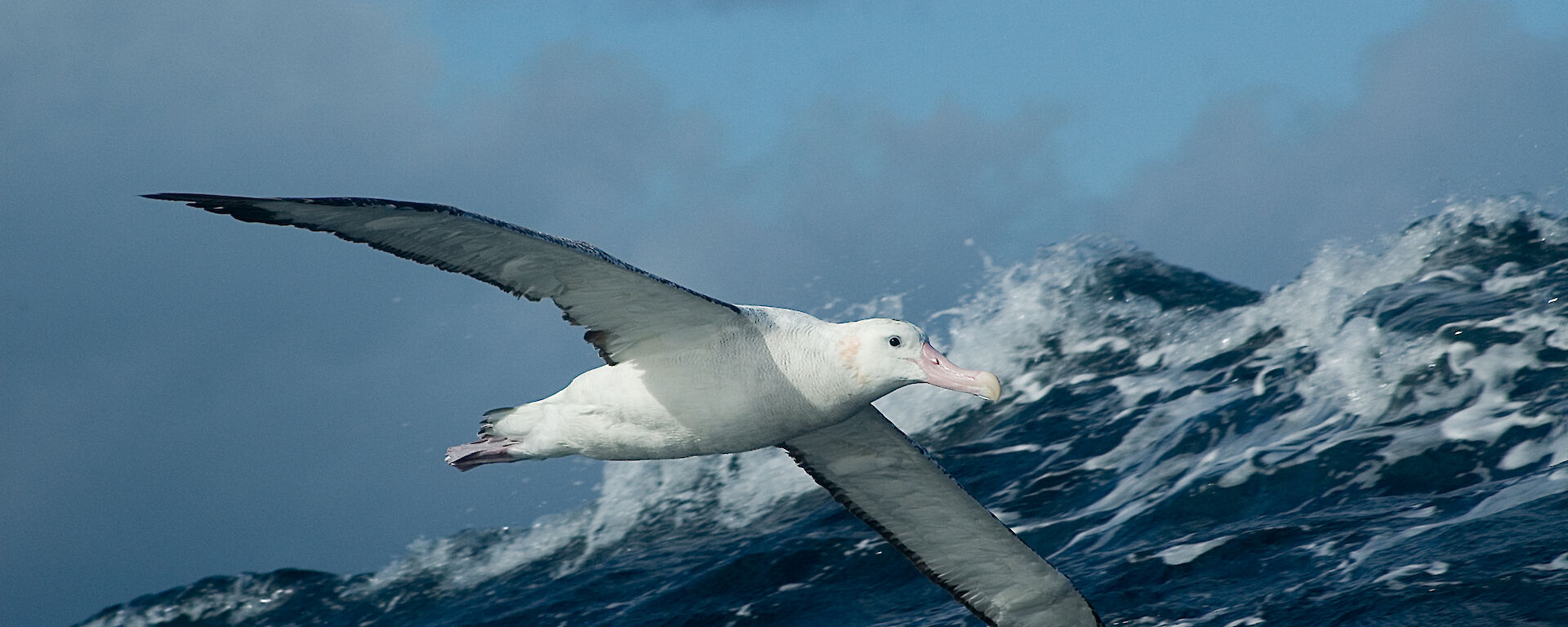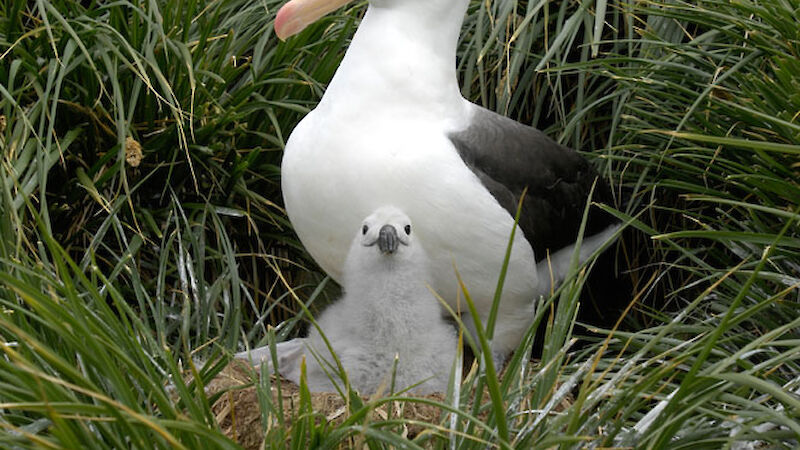Environment Minister Peter Garrett today announced Hobart as the official headquarters of the Agreement on the Conservation of Albatrosses and Petrels (ACAP) Secretariat.
Mr Garrett said the formalisation of the historic June agreement to establish the Secretariat in the Tasmanian capital would further cement Hobart’s reputation as a hub for Antarctic and Southern Ocean studies, research, policy and decision-making processes.
“The research institutions and scientists in Hobart have a reputation around the world for their work and its contribution to our understanding of the Antarctic and the vast array of wildlife that call it home.
“Just last month the international Commission for the Conservation of Antarctic Marine Living Resources (CCAMLR) adopted an Australian proposal for the declaration of two Vulnerable Marine Ecosystems in the Southern Ocean.
“The areas were surveyed by an Australian-led team during the 2007/08 Antarctic summer season and uncovered a wealth of previously undiscovered species, further underlining just how much of our vast oceans we are yet to fully understand,” Mr Garrett said.
However, the Minister said albatrosses and petrels continued to be threatened in the Southern Ocean particularly from long-line fishing, with birds often inadvertently hooked.
"CCAMLR has achieved outstanding success in eliminating seabird mortality in CCAMLR-managed long-line fisheries even though fishing activity has increased. Indeed, thanks to the work of Australia and other party countries, seabird deaths have fallen from around 7,000 per annum to zero.
“However, it is in the vast areas of the Ocean not managed by CCAMLR that we must be more vigilant including by improving international understanding of the risks. Australia is hopeful we can bring more signatories to the Agreement on the Conservation of Albatrosses and Petrels and by housing the Secretariat in Hobart we can continue our leadership role in the protection of these special bird species.”
Mr Garrett said Brazil and Uruguay had recently signed the agreement bringing to 13 the number of ACAP signatories. The others are Argentina, Australia, Chile, Ecuador, France, New Zealand, Norway, Peru, South Africa, Spain and the United Kingdom.
The development of ACAP was an Australian initiative and has been a government priority since the mid-1990s. It came into force in 2004. The Australian Government is the Depositary for ACAP. The Department of Environment, Water, Heritage and the Arts worked closely with the Department of Foreign Affairs and Trade in the establishment of the ACAP Secretariat in Hobart.



